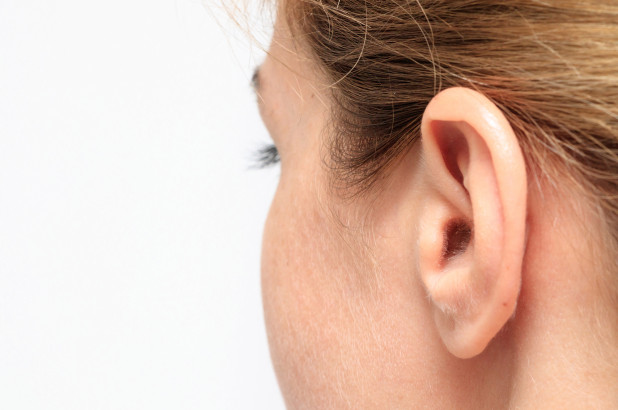
Some 2.5 billion people around the world — about 1 in 4 — “will be living with some degree of hearing loss by 2050,” the organization said when calling for better access to prevention and treatment methods worldwide.
“In most countries, ear and hearing care is still not integrated into national health systems and accessing care services is challenging for those with ear diseases and hearing loss. Moreover, access to ear and hearing care is poorly measured and documented and relevant indicators are lacking in the health information system,” the WHO said in its report.
The organization noted that lack of access to care, especially in low-income countries, greatly contributes to the issue of hearing health.
In low-income countries, for example, about 78 percent have “fewer than one ear, nose and throat (ENT) specialist per million population,” the WHO estimated.
Still, “even in countries with relatively high proportions of ear and hearing care professionals, there is unequal distribution of specialists,” the world agency continued. “This not only poses challenges for people in need of care but also places unreasonable demands on the cadres providing these services.”
Hearing loss can be prevented with better intervention strategies, the WHO said. For instance, in children, nearly 60 percent of hearing loss could be prevented through certain vaccinations and “improved maternal and neonatal care” among other methods.
“Once diagnosed, early intervention is key. Medical and surgical treatment can cure most ear diseases, potentially reversing the associated hearing loss. However, where hearing loss is irreversible, rehabilitation can ensure that those affected avoid the adverse consequences of hearing loss. A range of effective options are available”
“Hearing technology, such as hearing aids and cochlear implants, when accompanied by appropriate support services and rehabilitative therapy are effective and cost-effective and can benefit children and adults alike,” per the report.
The WHO noted that investing in hearing care is “cost-effective” for governments around the world, estimating that for every $1 invested in this area, governments can expect a return of $16.
If the issue of hearing loss is not addressed, the number of people suffering from hearing loss could increase “more than 1.5-fold during the next three decades” or to 2.5 billion people, the report reads. For context, some 1.6 billion people were found to suffer from hearing loss in 2019. Some 700 million of the 2.5 billion would likely require some kind of treatment for thier hearing loss, the WHO estimated.
“The number of people living with unaddressed hearing loss and ear diseases is unacceptable,” the WHO stated, noting that “timely action is needed to prevent and address hearing loss across the life course.”
“Our ability to hear is precious. Untreated hearing loss can have a devastating impact on people’s ability to communicate, to study and to earn a living. It can also impact on people’s mental health and their ability to sustain relationships,” said WHO Director-General Dr. Tedros Adhanom Ghebreyesus, in a statement.


